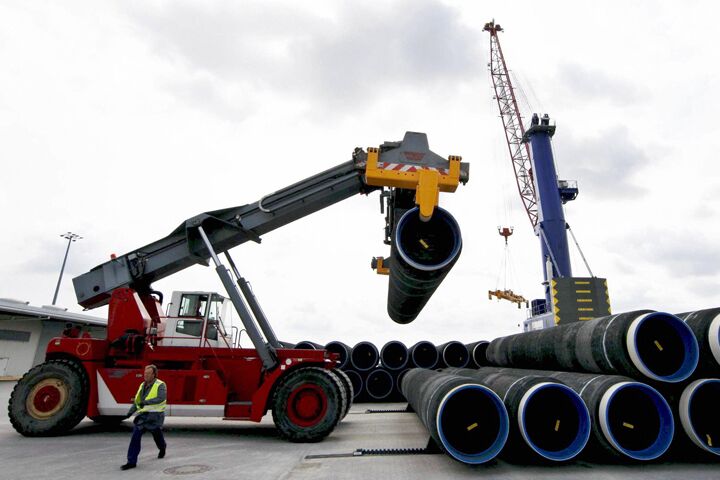
Germany and Russia’s Pipeline Plans Progress
Sweden and Finland agreed last Thursday to allow a pipeline to be constructed under the Baltic Sea from Russia to Germany. Denmark agreed almost three weeks ago, meaning that the long-awaited project should finally get off the ground early next year.
The Swedes approved the project after a 23-month assessment concluded that the project would not unduly harm the environment. The Finnish government’s announcement stated that it approved the pipeline but that it is waiting for a ruling from an environment court before giving its final permission to start building it.
This is an important project for Germany. German business daily Handelsblatt wrote:
This pipeline project is ambitious but embattled. From the beginning, Eastern European and Scandinavian voices have expressed their misgivings—both environmental and security-related. But Germany must take a selfish stand on this. In terms of a secure delivery of natural gas for us, the fact that construction of this pipeline can finally begin, after years of assessment, is good news.
But it is not good news for Eastern Europe. Russia has already used gas as a weapon against Eastern Europe. Once the Baltic pipeline is complete, Russia will be able to stop gas deliveries to individual Eastern European countries and only minimally affect Germany, France and the other downstream Western European states. Russia’s energy supplies will then become an even more precise and lethal weapon with which to influence Eastern European politics and limit the European Union’s eastern expansion, or possibly even try to reverse parts of it.
Moscow and Berlin are locked in a high-stakes game of power politics. Once the Baltic pipeline comes online, Germany will also vastly increase its geopolitical muscle within Europe. Berlin may be sacrificing political influence in certain Eastern European nations in order to gain more power over its Western European neighbors.
The Nord Stream pipeline will give Germany the same kind of energy leverage over much of Western Europe that Russia has over many Eastern European nations. Germany will control the spigot that will deliver considerable amounts of natural gas to France, Britain, the Netherlands and Belgium. That is a very powerful tool—or potential weapon—that could be used to bind, influence or injure nations.
In other words, it is German, not Russian, ambitions that Western European nations should fear most. For more information on Germany and Russia’s pipeline politics, see our article “German-Russian Energy—a Dangerous Partnership.”
